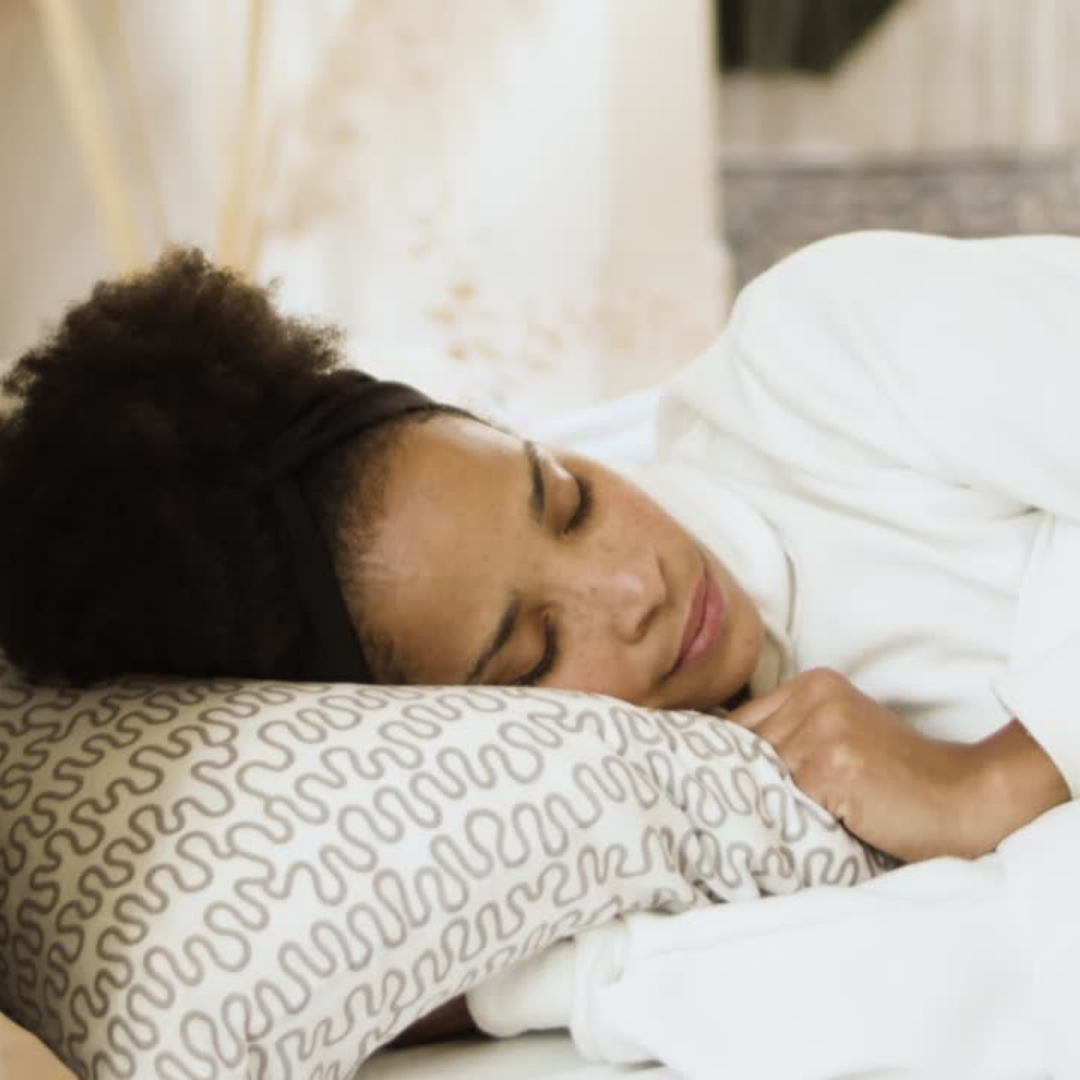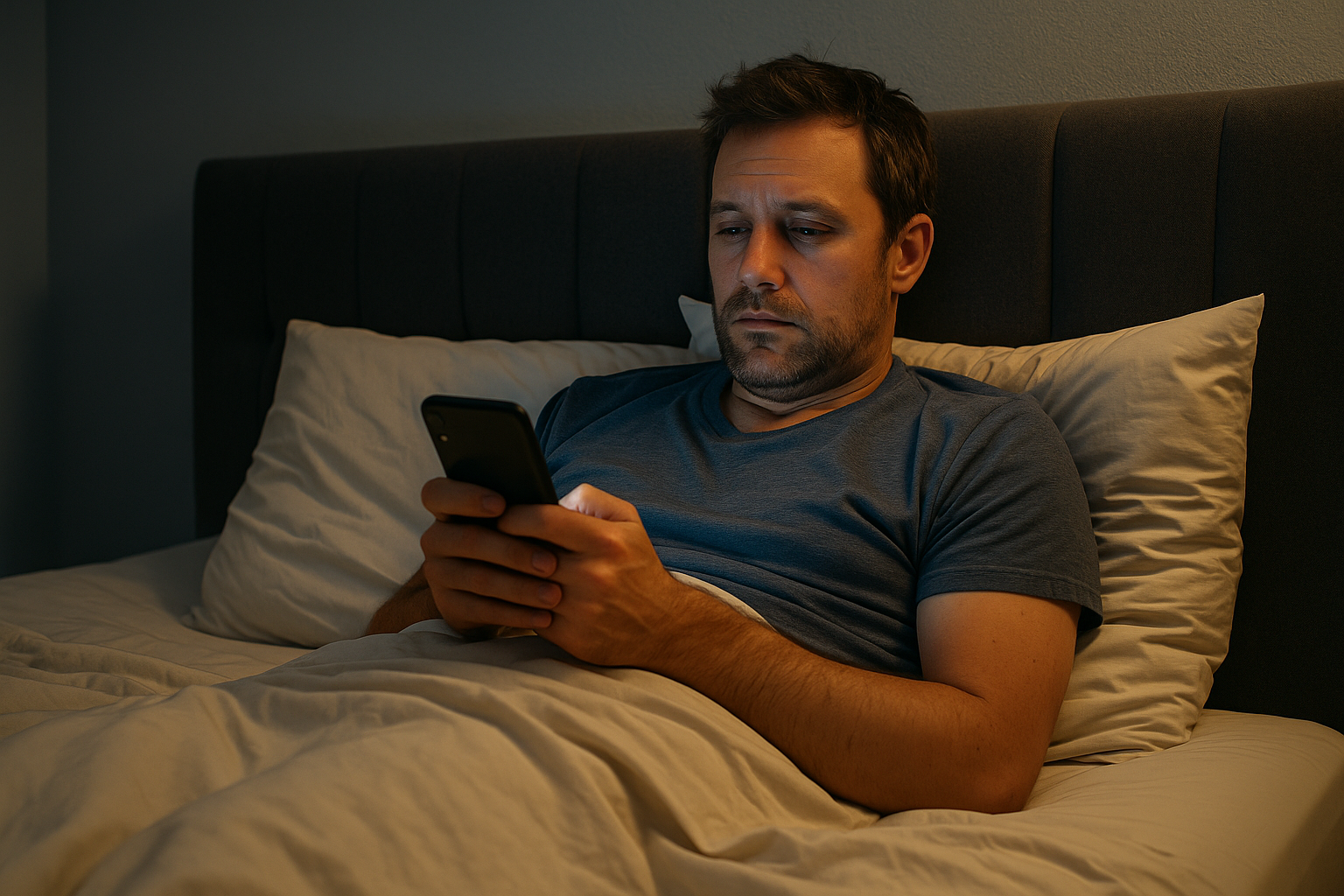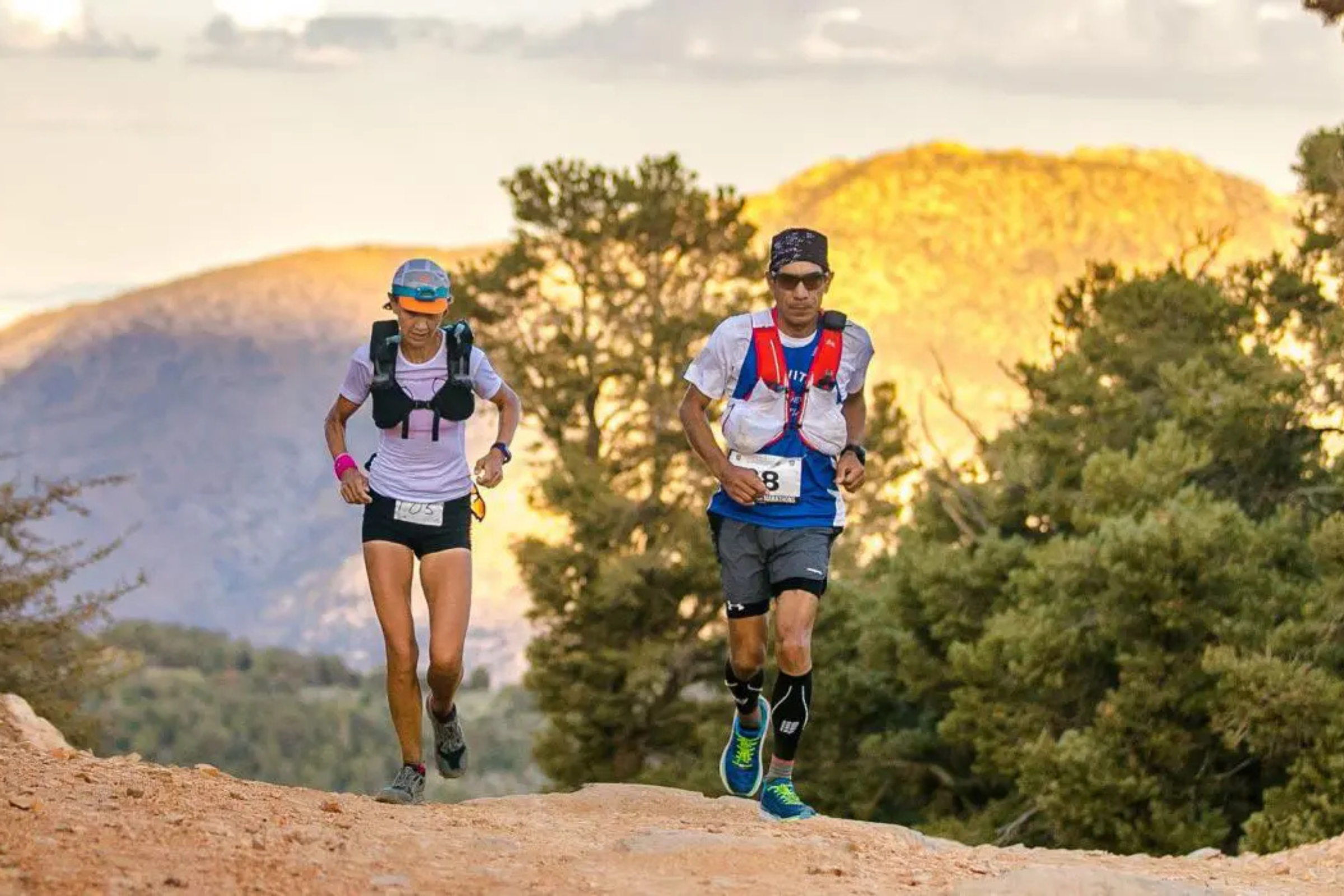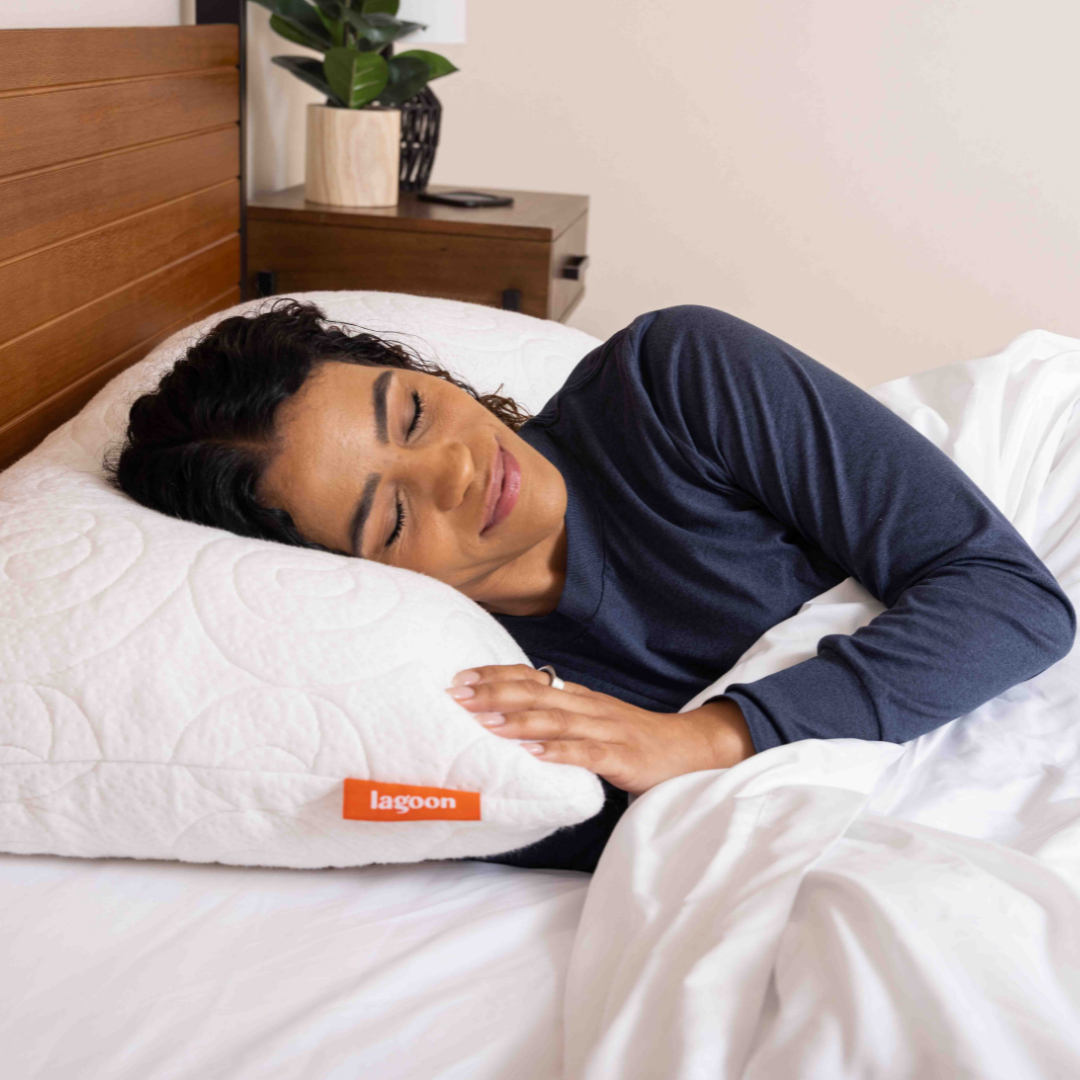Efficiency may be the key to your best sleep yet.

Most of us usually think about getting good sleep as getting 7-8 hours — when we went to bed and when we got up. What we neglect to think about is how much we tossed and turned, laid awake, or got up to use the restroom. So maybe that 7-8 hours wasn’t really as beneficial as your body needs.
We should be focusing more on our sleep efficiency rather than our sleep quantity, according to a recent article from Elemental. But what is efficient sleep, though, and how do we obtain it?
The obvious: sleep when you are tired.
We tend to believe we need to fall asleep at a certain time in order to get the right amount of sleep, but if we aren’t truly tired when we lay in bed, we’re not going to be falling asleep fast. According to experts, that can actually lead to more tossing and turning.
If you’re not tired when you think you should be going to bed, simply wait. Do another activity until your body feels tired enough to sleep. Listen to your body because it will tell you when it’s ready.
Understanding fatigue vs. sleepiness
Feeling mentally and physically exhausted after a long day? Many of us will believe that means we are ready to sleep, but experts say that can be a bit misleading, and trying to sleep when you are fatigued can also lead to more tossing and turning and insomnia.
“One of the most effective remedies for insomnia is to delay your onset of sleep.” says Stanford’s Brandon Peters, MD. The longer you can delay your sleep, the better you are going to sleep during the night.
Fall asleep in time
The average time it takes to fall asleep is 10-20 minutes. If it’s taking longer than that to fall asleep, you might need to look at your bedtime routine.
Before going to bed, establish a nighttime routine to wind-down. That could include meditation, a bath, reading (not on a phone, preferably), avoiding screens before bed, whatever you need to get your body ready before sending it off to sleep.
Falling asleep too fast (5 minutes or less) is also an area for concern, and could mean you’re overtired. Try adjusting your schedule and going to sleep earlier, if possible.
Get restorative sleep
There are three stages of sleep, according to the Elemental article, and it’s our job to make sure we’re spending the right amount in all three.
To achieve the right balance in all three stages of sleep, here are some suggestions.
Exercise
Getting 30 minutes of exercise during the day can help increase deep sleep.
Watch your alcohol and caffeine intake
Make sure to avoid drinking caffeine or alcohol too close to bedtime. According to the article, “Harvard says you should avoid caffeine after 2 p.m. (after 12 p.m. if you’re especially sensitive). With alcohol, stop drinking at least a few hours before bedtime.”
Monitor your light intake
Just as it’s important to avoid blue light or screens a few hours before bedtime, it’s equally important to get plenty of exposure to natural light during the day.
Fix your medical sleep problems
According to the Cleveland Clinic, as many as 70 million Americans have sleep disorders — like sleep apnea, which affects your breathing at night. It’s important to see a professional and get those problems sorted out.
With all this information and tips for getting more efficient sleep, you’ll be armed with the tools you need to sleep well tonight (not just longer).
And don’t forget to neglect another important aspect of good sleep, your pillow! Find the perfect match for you today and start sleeping better soon.
Read the full Elemental article “The Way You Think About Sleep Is Wrong” here.







